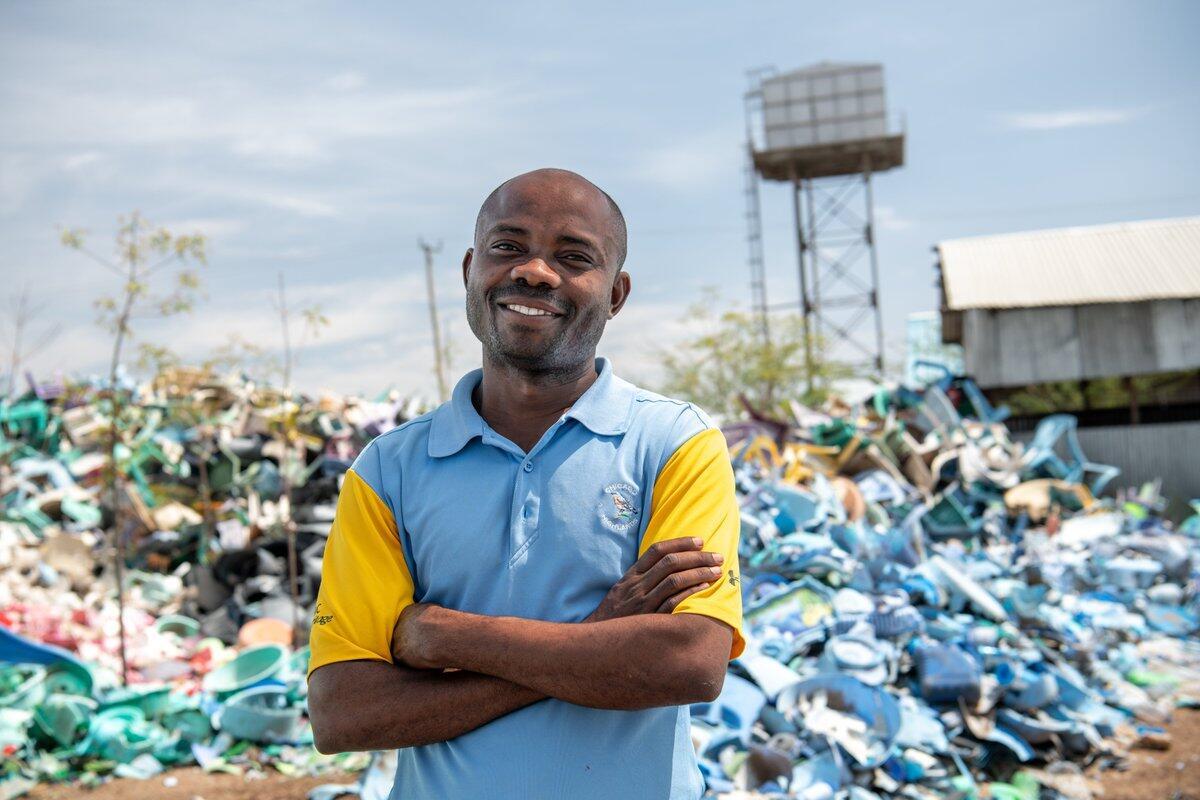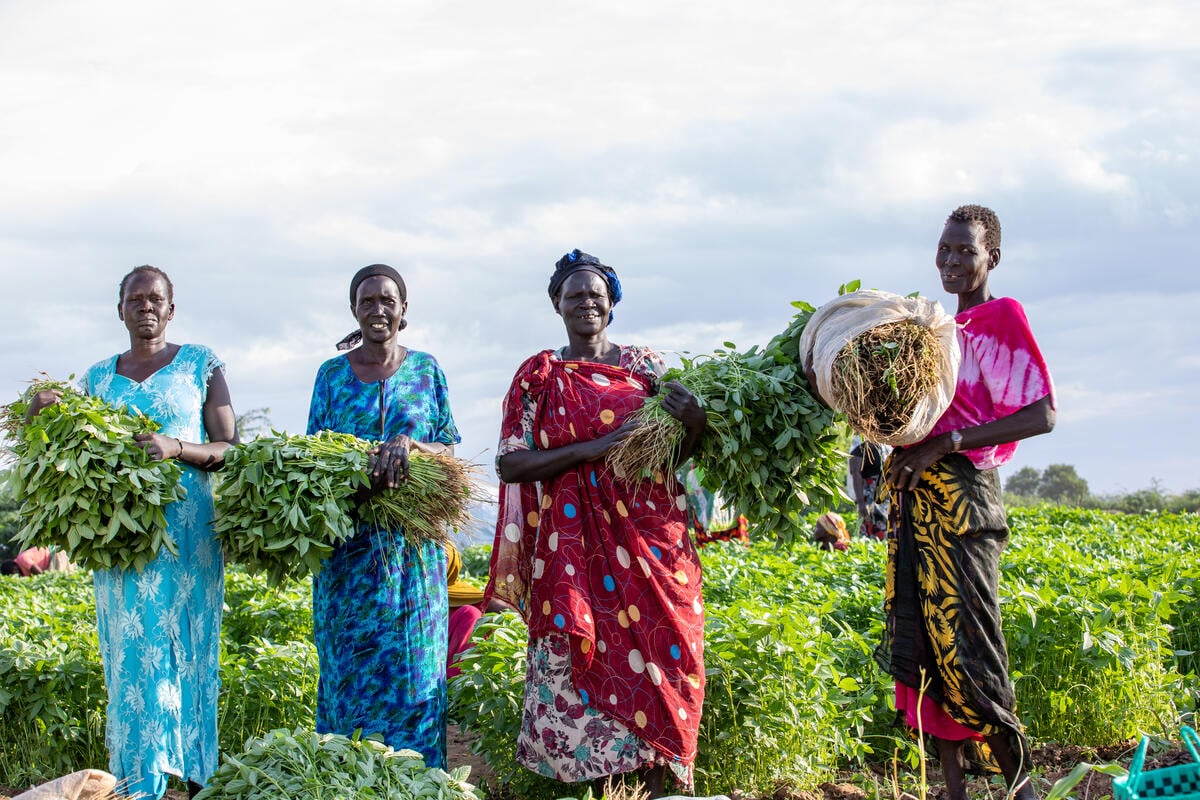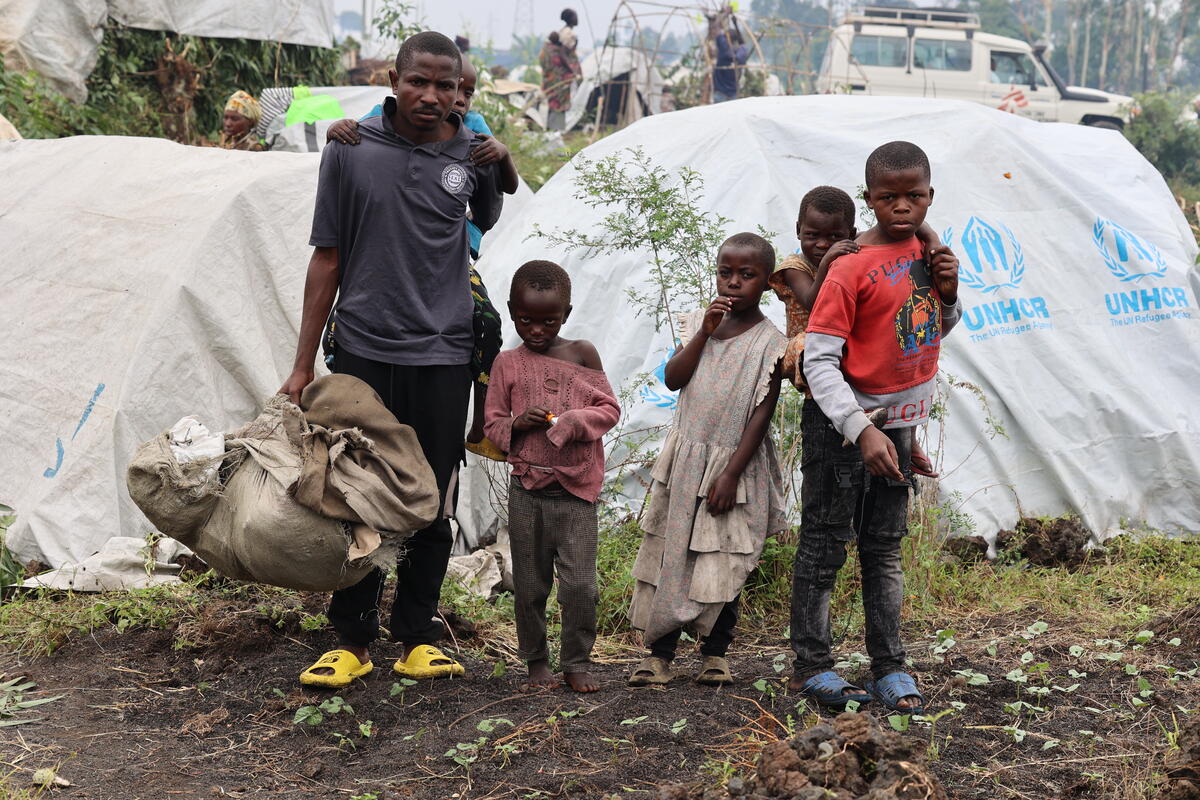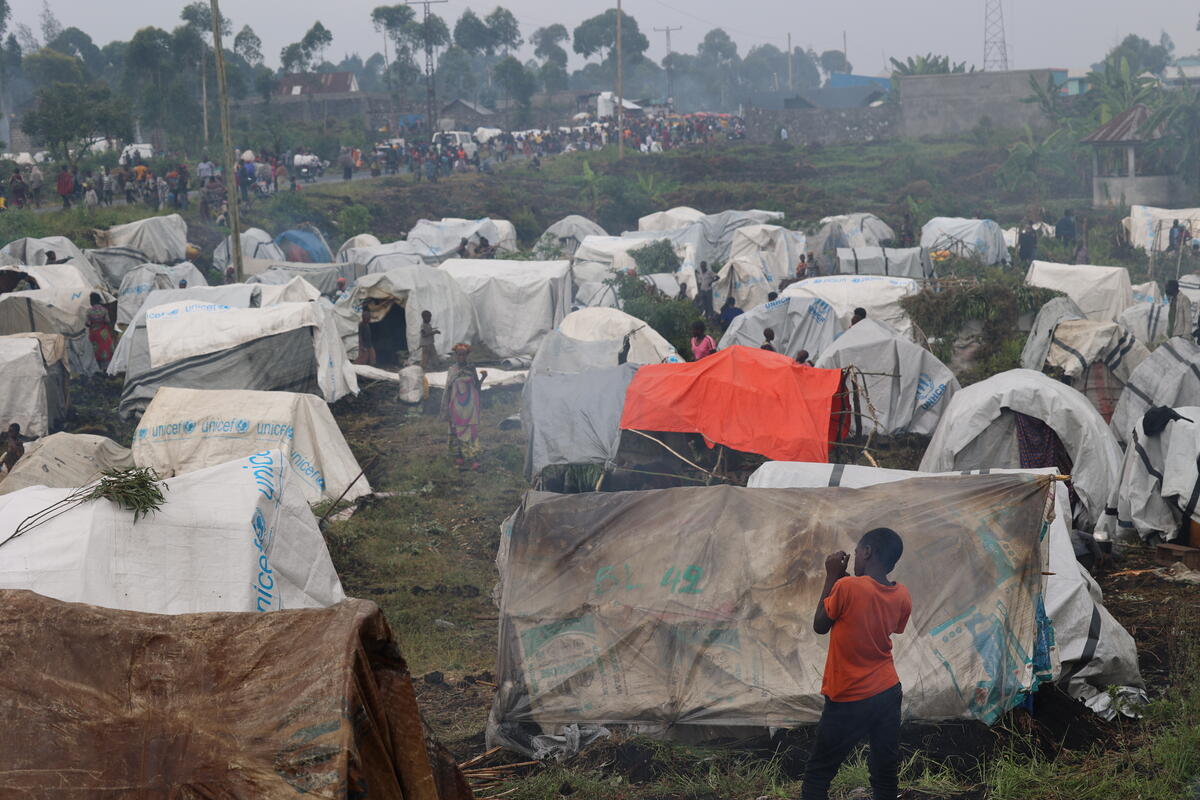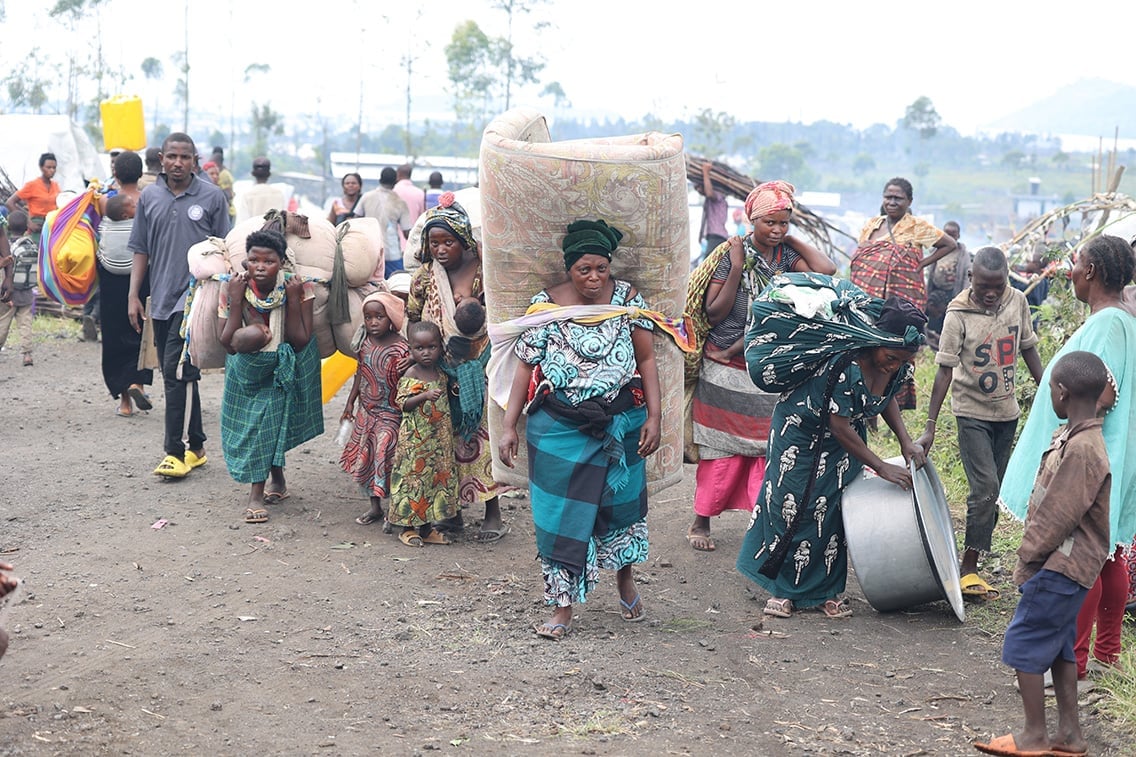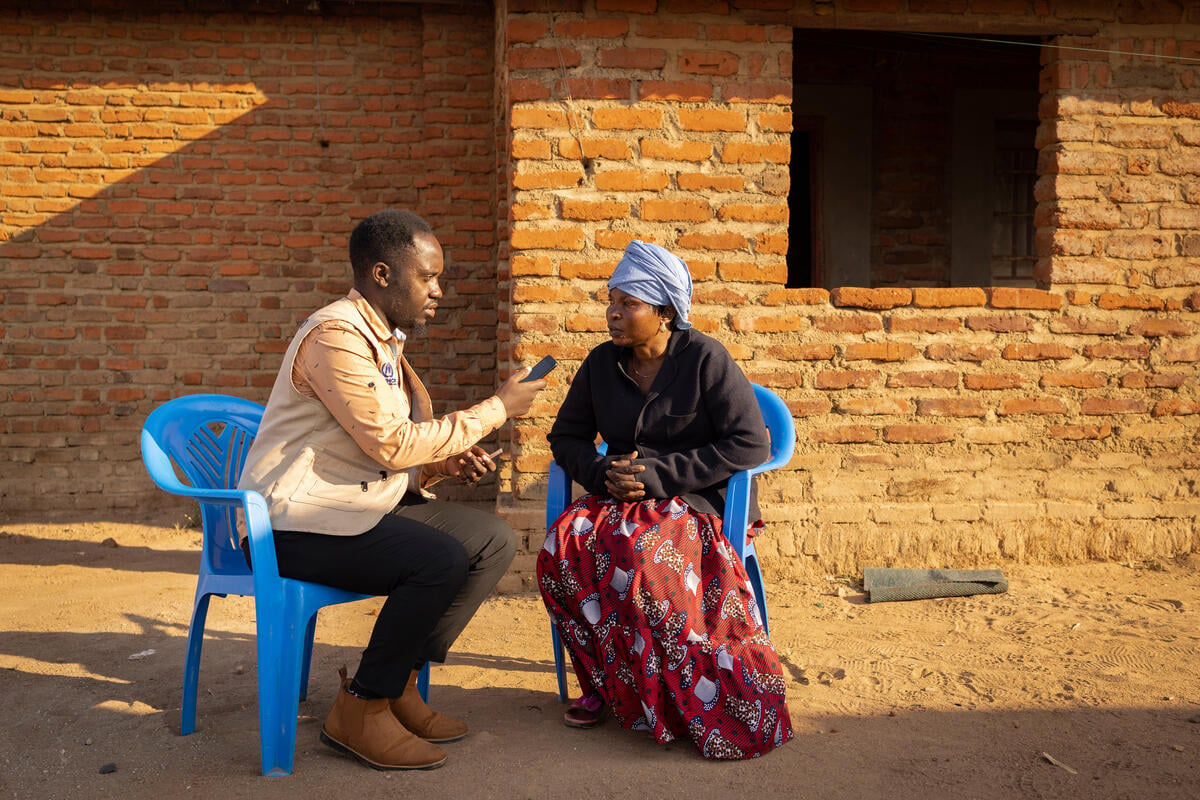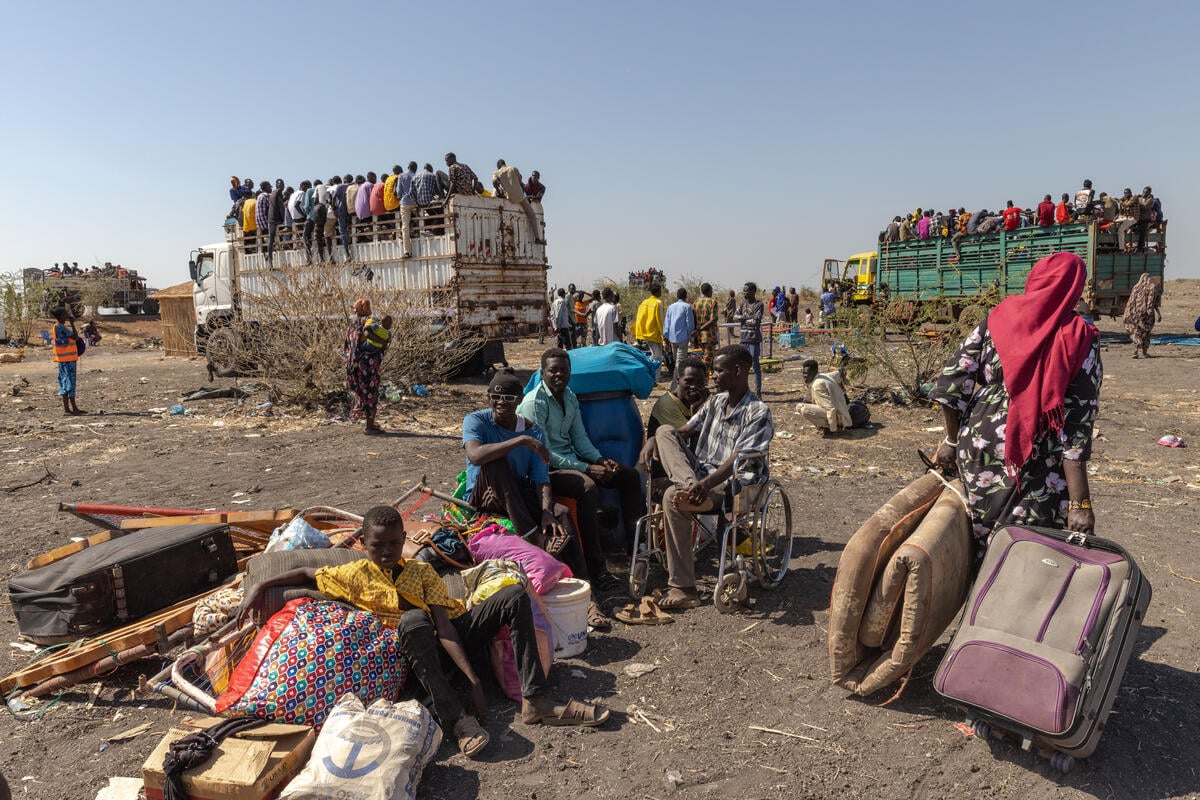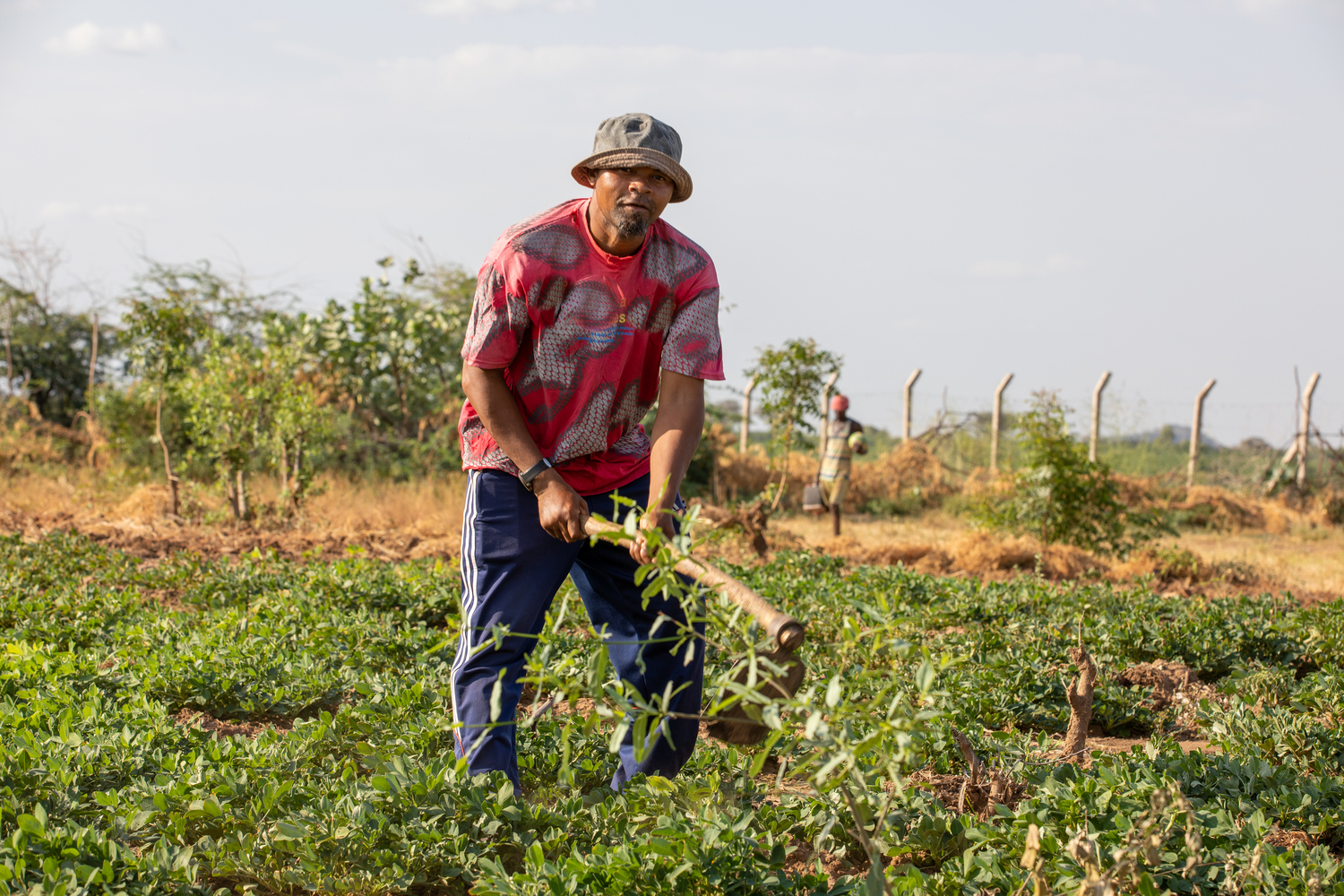UNHCR calls for protection of civilian population amid continued fighting in eastern DRC
UNHCR calls for protection of civilian population amid continued fighting in eastern DRC
UNHCR is shocked by the reports of rampant abuse of civilian population in eastern parts of the Democratic Republic of the Congo (DRC) - a result of four months of fighting between the government troops and armed rebel groups.
Tens of thousands of people have been forced to flee their homes in North Kivu province, many of whom sought safety in neighbouring Uganda and Rwanda.
Our staff and partners in Uganda, Rwanda and eastern DRC have been receiving regular and extensive reports of widespread human rights violations and abuses.
These include indiscriminate and summary killings of civilians, rape and other sexual abuse, torture, arbitrary arrests, assaults, looting, extortion of food and money, destruction of property, forced labour, forced military recruitment, including children, and ethnically motivated violence. All this is fuelling massive displacement within the province and into neighbouring countries. We estimate more than 470,000 Congolese have been displaced in eastern DRC since April - some 220,000 in North Kivu, another 200,000 in South Kivu while more than 51,000 fled to neighbouring Uganda (31,600) and Rwanda (19,400).
The fighting in eastern DRC is conducted without any respect for the safety of civilians and in clear violation of international humanitarian and human rights principles. UNHCR again urges parties to the conflict to avoid targeting civilian population and populated areas. We call on all parties to the conflict to take all steps to protect the civilian population and to prevent indiscriminate and disproportionate attacks.
The fighting between the government troops and M23 militia left large areas of the province without an adequate security presence. In the Masisi and Walikale territories, several armed groups have taken advantage of the power vacuum to attack villages and IDP settlements, destroying and looting houses, killing people belonging to ethnic groups seen as hostile and subjecting the entire communities to extortion.
From April to July 15, aid agencies recorded more than 7,000 protection incidents in the North Kivu territories of Masisi, Walikale, Rutshuru and Beni. We fear there may be more cases, where people were unable to speak out or too scared or ashamed and fear, especially in rape cases. Most of the victims are villagers and internally displaced people (IDP).
In Uganda, some of the young Congolese refugees arriving at the Nyakabande transit centre near the border told our staff they were fleeing a recruitment campaign. In the first two weeks of July, at a time of heightened military activity across the border there was unusually high numbers of young male arrivals aged 14 to 20. Also of concern were reports that armed men were blocking the escape routes for many of those fleeing to Uganda. Many report seeing young males and minors being forced to join the rebels to carry ammunition.
We have heard similar tales from arrivals in Rwanda since April, including reports of looting and verbal and physical harassment of people speaking Kinyarwanda particularly in North Kivu's Masisi territory but also in Rutshuru and Kalehe in South Kivu.
In addition to protection and shelter, our teams and partners in the settlements and camps in Uganda and Rwanda provide health and medical services as well as psycho-social counselling for the victims of violence. The situation in the DRC is far more challenging where worsening security is severely limiting our capacity to deliver assistance outside the established IDP camps north and west of the provincial capital Goma.
For further information on this topic, please contact:
- In Goma, Simplice Kpandji on mobile +243 81 833 132
- In Kinshasa, Simon Lubuku on mobile +243 81 950 0202
- In Geneva: Andrej Mahecic on mobile +41 79 200 7617


